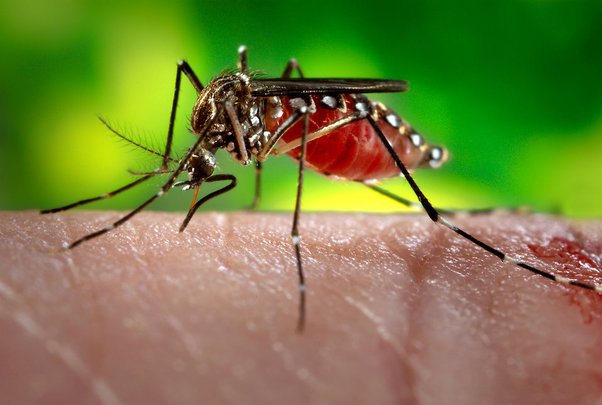Mosquitoes, often regarded as blood-sucking pests, have long been associated with discomfort and disease transmission. However, recent insights from entomologists challenge this perception, revealing a complex and diverse world of these fascinating insects. Lawrence Reeves, an assistant professor at the Florida Medical Entomology Lab, sheds light on the lesser-known aspects of mosquitoes, urging us to reconsider our understanding of these creatures. Through meticulous research and captivating imagery, Reeves unveils the intricate behaviors, habitats, and ecological roles of mosquitoes, offering a fresh perspective on their significance in the natural world.
Exploring Mosquito Diversity: Contrary to popular belief, mosquitoes exhibit remarkable diversity in their appearance, behavior, and dietary preferences. Reeves’ research highlights the vast array of mosquito species, with over 3,700 identified globally. From the imposing Aedes albopictus to the benign Toxorhynchites rutilus, each species possesses unique traits and ecological roles. Through high-resolution photography and meticulous documentation, Reeves captures the essence of these often-misunderstood insects, showcasing their beauty and complexity.
Beyond Blood Feeding: While female mosquitoes are notorious for their blood-feeding habits, Reeves unveils a lesser-known aspect of their diet—plant sugars. Contrary to common perception, mosquitoes primarily feed on plant nectar, with blood serving as a supplementary source of nutrients for egg development. Moreover, certain mosquito species exhibit specialized feeding behaviors, targeting a diverse range of hosts, including mammals, birds, and amphibians. Reeves’ research underscores the importance of understanding mosquitoes’ dietary preferences and ecological interactions for effective pest management and ecosystem conservation.
Mosquito Life Cycle and Adaptations: Delving into the mosquito life cycle, Reeves elucidates the intricacies of their reproductive process and habitat utilization. From egg deposition in diverse aquatic environments to pupal development and emergence as adults, mosquitoes exhibit remarkable adaptations to their surroundings. Reeves’ exploration of unique breeding sites, such as carnivorous pitcher plants, highlights the evolutionary adaptations that enable mosquitoes to thrive in diverse ecosystems. Despite facing environmental challenges, mosquitoes demonstrate resilience and resourcefulness in their life history strategies.
Mosquitoes as Ecological Players: Beyond their role as disease vectors, mosquitoes play crucial ecological roles that often go unnoticed. Reeves discusses the potential significance of mosquitoes as pollinators, raising intriguing questions about their contribution to plant reproduction and ecosystem dynamics. Through meticulous observation and experimentation, researchers aim to unravel the extent of mosquitoes’ involvement in pollination networks and their implications for biodiversity conservation. By acknowledging mosquitoes’ multifaceted ecological functions, we gain a deeper appreciation for their role in shaping ecosystems.
Challenges and Opportunities in Mosquito Research: Despite significant progress in mosquito research, numerous unanswered questions persist, underscoring the need for continued investigation. Reeves emphasizes the importance of interdisciplinary collaboration and innovative research approaches in unraveling the complexities of mosquito biology. Through advances in imaging technology and field studies, researchers aim to unravel the mysteries surrounding mosquito behavior, physiology, and ecological interactions. By fostering curiosity and scientific inquiry, we pave the way for a deeper understanding of mosquitoes and their place in the natural world.
Lawrence Reeves’ groundbreaking research offers a compelling glimpse into the multifaceted world of mosquitoes. By challenging stereotypes and delving into the intricacies of mosquito biology, Reeves invites us to reconsider our perception of these often-misunderstood insects. From their diverse dietary preferences to their ecological significance, mosquitoes emerge as complex and adaptable creatures deserving of further study and appreciation. As we continue to unravel the mysteries of mosquito biology, we unlock valuable insights into the functioning of ecosystems and the interconnectedness of life on Earth.
